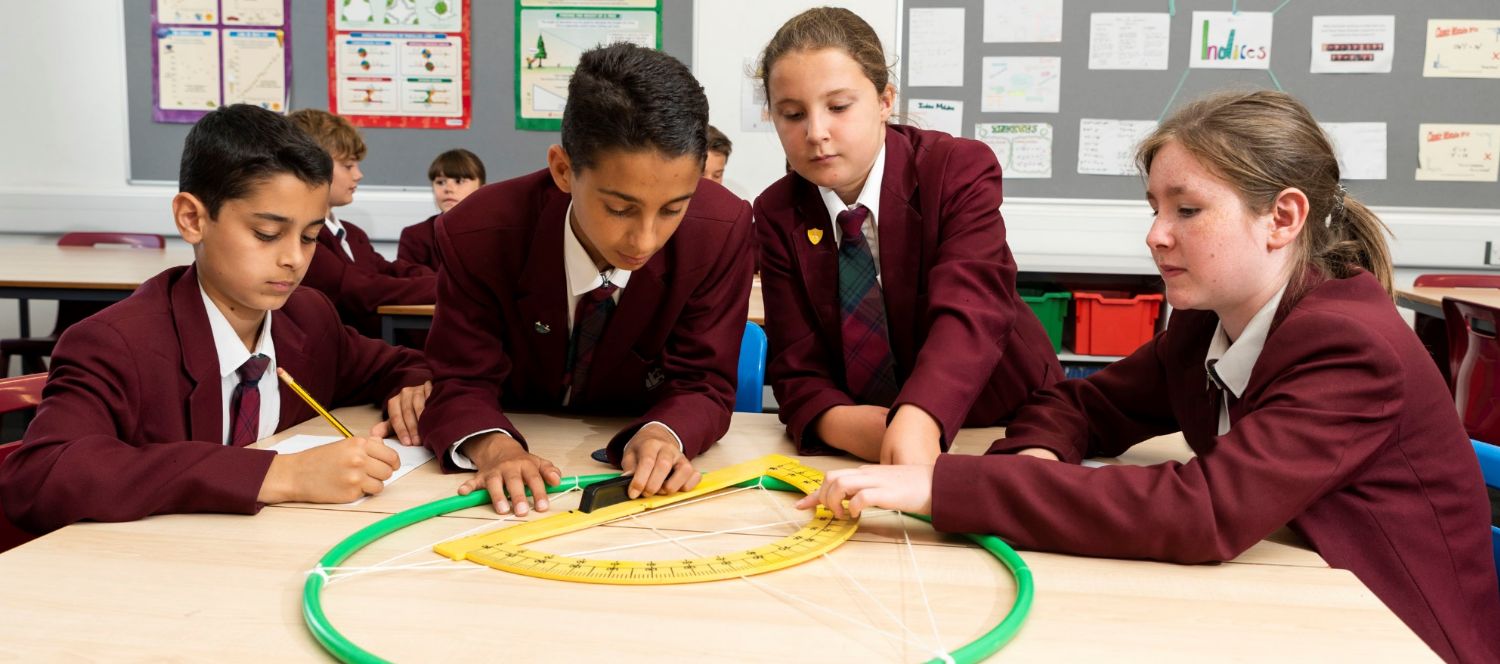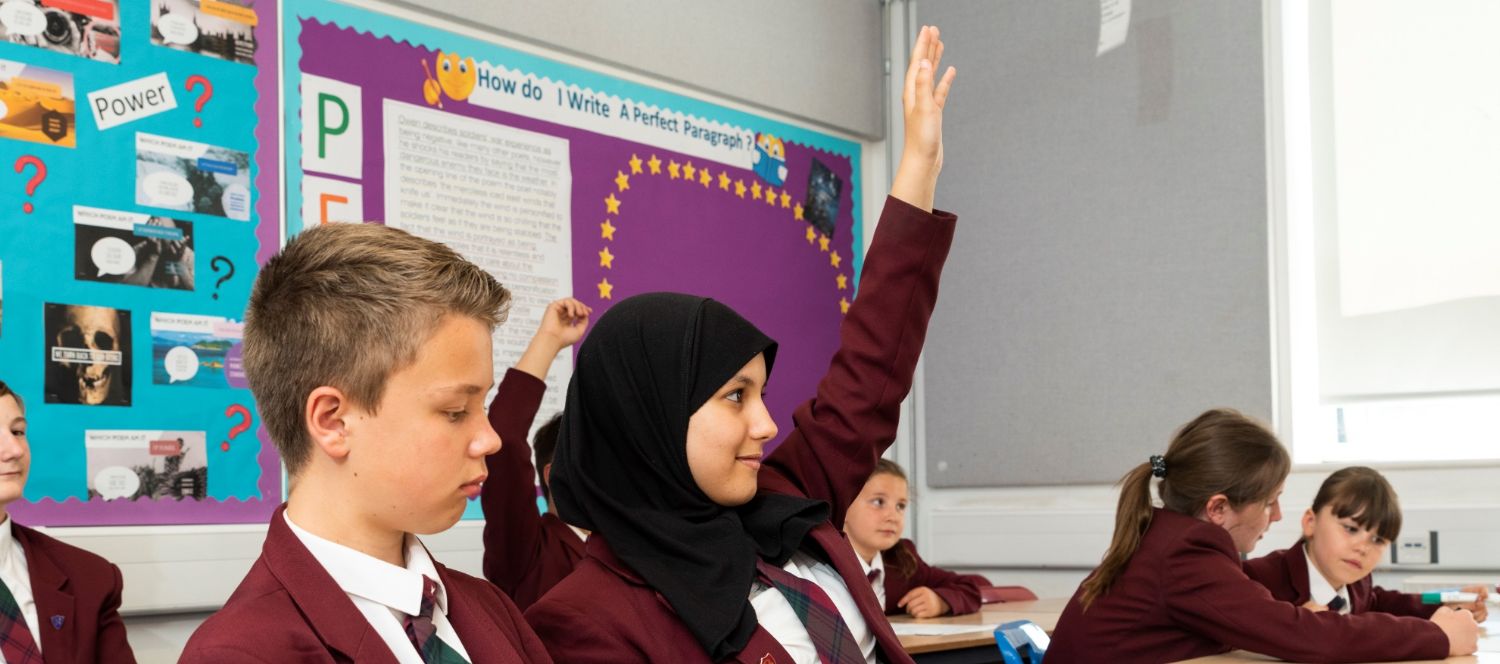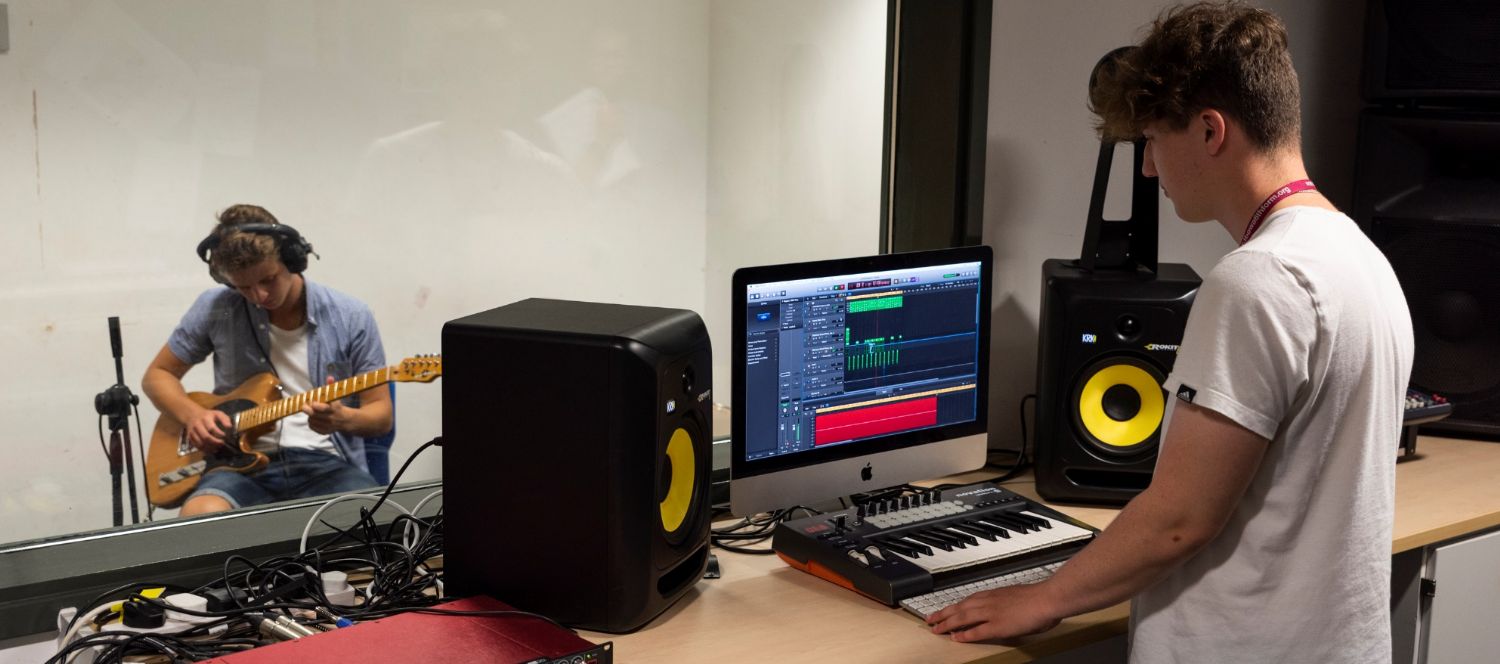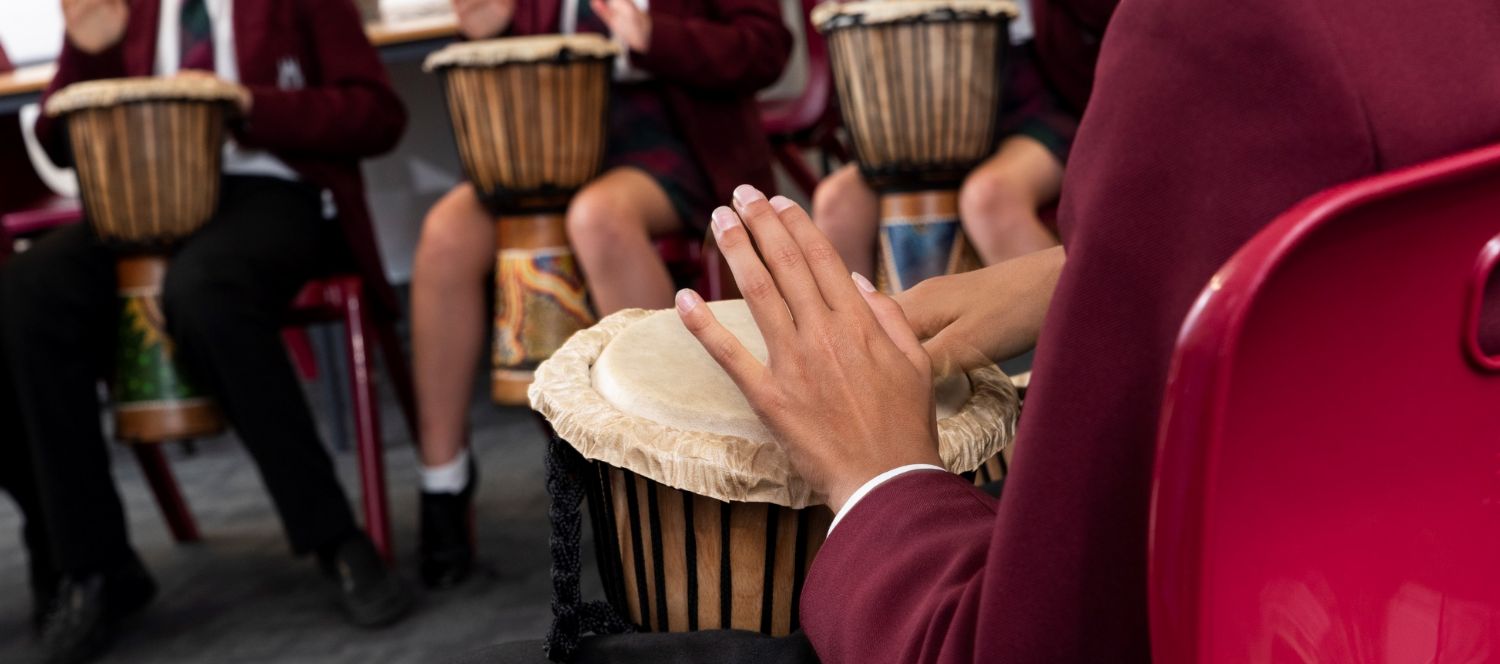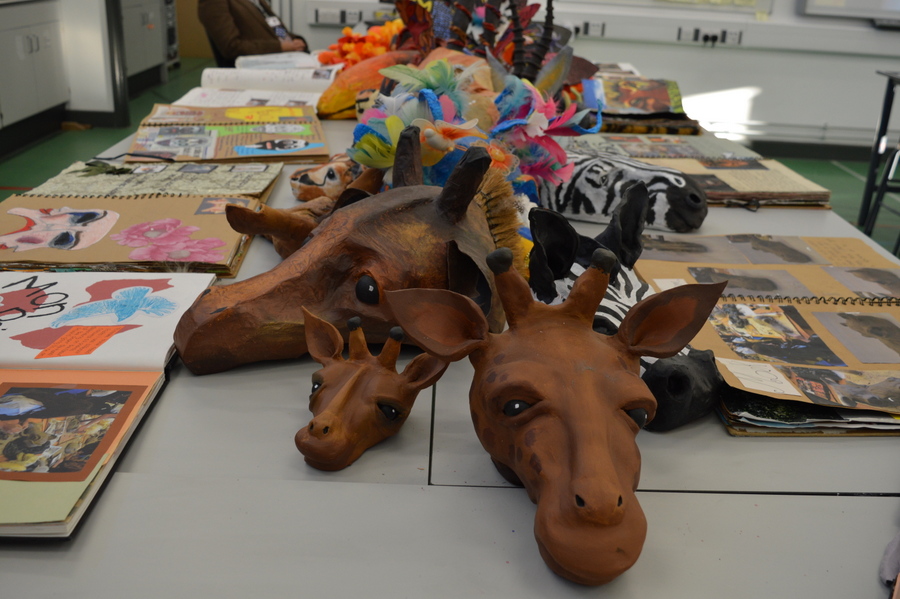Art & Design
"Leadership and Management is outstanding." (Ofsted)
Art education at TBOWA
In our Art department we strive to deliver a reconstructivist art education, which means that we encourage our artists to build upon the techniques and skills from Classical art and adapt them to suit the Modern age. Reconstructivist art education informs the curriculum and pedagogy in our department.
Our reconstructivist art education emphasises excellence and we value art made by autographic processes i.e. art made using traditional skills like drawing/painting and sculpting etc.
Through our Reconstructivist art education we encourage our artists to develop an understanding of the natural world and we promote strategic learning. We ensure and emphasise continuity and connectivity in our art curriculum by delivering an exciting and challenging curriculum. We enable all of our artists to acquire the fundamental skills through deliberate art practice that sustains strategic thinking.
Why the Arts are in the Curriculum
- Arts develop a vast range of practical skills, knowledge and understanding and introduce children to an exciting world of illuminating experiences with opportunities to explore new ways of thinking and achieving success.
- The Arts enhance the learning skills of creative problem solving, perception, review and resolution, skills that can improve empathy, initiative and an understanding of our dynamic and diverse society.
- All pupils can find a tangible and meaningful success in this subject. This can raise their self-esteem and help them become more confident learners elsewhere.
- Exploration, reflection and the celebration of ideas and imagination increase every pupil’s ability to approach challenges with a positive and confident outlook.
- Many realistic college and career opportunities follow on from KS4 Arts courses. The skills developed in this subject also have clear applications in a visual, audio, healthy, performing and competitive world.
Wittgenstein wrote in the Tractatus: “We feel that when all possible scientific questions have been answered the problems of life remain completely untouched”. It is these ‘problems of life’ that scientific enquiry cannot touch that art has the power and symbolic meaning to address.




